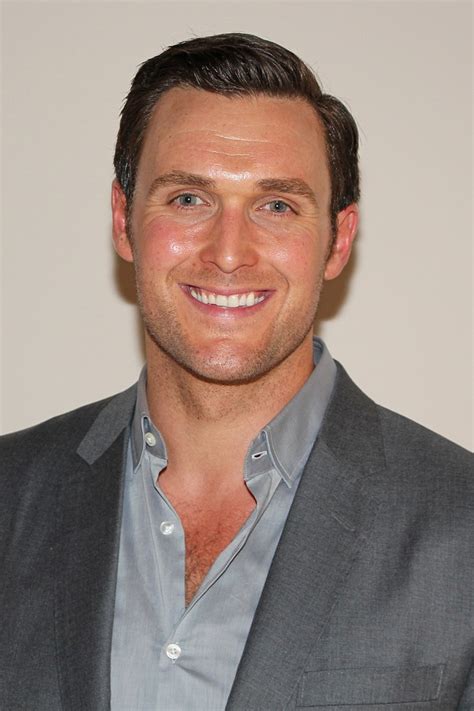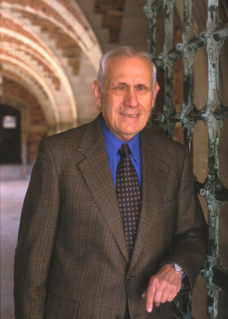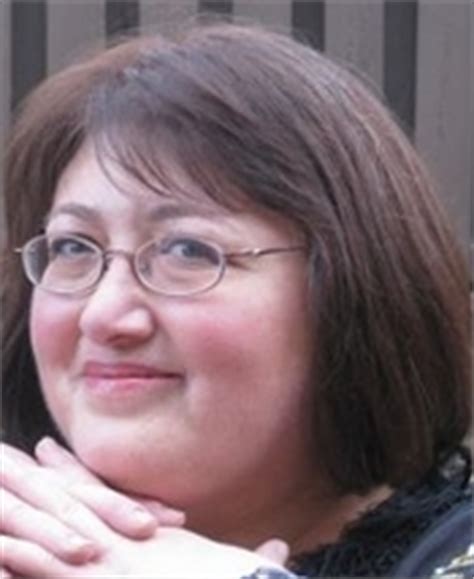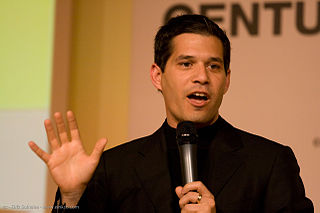A Quote by Kristen Soltis Anderson
I had a history teacher who taught us a lot about the Cold War. You had these examples of countries where the government had tried to manage the economy really intensely, and it ended up being bad for the citizens there. I found myself beginning to lean more right on economic issues.
Related Quotes
I was born in 1966, at the beginning of the Biafran-Nigerian Civil War, and the war ended after three years. And I was growing up in school, and the federal government didn't want us taught about the history of the war, because they thought it probably would make us generate a new generation of rebels.
I didn't want to be an accountant; I found myself being a banker, which was a bit different. I went to university, and I was going to do a Ph.D. in the States, but I didn't get the funding for it, so I had two years where I had a bit of a wobble and didn't really know what I wanted to do, and I ended up working as a banker.
I found a lot of stuff that's never been seen before. That was the goal: to not use cliché Cold War footage but give people a sense of the place and setting. It's a field you still need. At first it was a lot of fun, and then later it became a little bit intimidating. "Oh my God, I've got so much footage. Where am I going to put it? What am I going to do?" I ended up really only reviewing about 20 to 30 percent of what I had. So it was a task.
A lot of the people in history who I really admire lived before the hyperinformation age we're living in. Even if they were governing or solving problems in consequential periods, like the Civil War or the world wars or the Great Depression or the Cold War, they had a period of time and space to actually think, to be private and you read their biographies, and they had time to think about what was happening and how to respond. I don't think human nature has changed in the last 50-150 years, but the stresses, the demands on those of us in public life have just exploded.
This was the first time we had two ex-Soviet Cosmonauts in Houston. A lot of us, including me, viewed it with some skepticism, because I grew up during the Cold War, so I had been hit with all this propaganda all along that their stuff wasn't that good, it wasn't that safe and we were so much better. What I found out later was that their space stuff was very good and good enough that I was certainly comfortable flying on their equipment. So, it was kind of a revelation of sorts as the years went by and I think it underscores the importance right now of international cooperation.
One of the biggest problems I found with Irish politics and the economic thing was after the war, after World War II, most of the European countries started to develop economically and socially, but whatever way the Catholic church they took a grip and they almost governed the country. I mean, we were almost like a dictatorship. There is good and bad, but we experienced an awful lot of bad, especially from the institutions that taught children the Christian brothers, etc.
Republicans controlled the federal government for decades after the Civil War, and their policies funneled wealth upward -- with dire consequences. In 1893, the economy crashed, and too few Americans had enough purchasing power to revive it. Lincoln had been right: Government that served the wealthy would ruin the country.
I started digging and found that Israel signed a peace treaty with the United Arab Emirates after the country had diversified their economy, instead of being solely oil-based. This diversification had brought about modernization. I realized that if you land the price of oil, countries will diversify their economies and as a result, modernize.






































